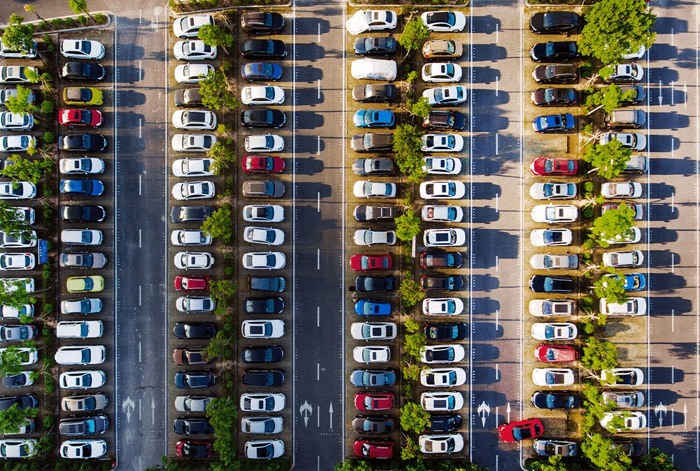Rethinking Lifestyle
Pink Hotel, Boutique, and a Swingin’ Hotspot

If you consider for a moment why you choose to live where you do, it’s likely because of the opportunities you expect: to live in health and security, to make a good living, and to spend time with family and friends. At their base, however, all of these things actually depend on the ability of the land to physically provide you with these opportunities. You need a patch of property to live on, and if you want to build a house, that patch has to be empty. But have you noticed that there are fewer and fewer “empty” patches? Once an acre of farmland is given over for the opportunity to build on it, it doesn’t change back. The next builder – perhaps your children – will have to look elsewhere for the same opportunity. And they’ll have to look elsewhere for a place to grow crops, too – not to mention places to experience wildlife.
Similar to land, all resources can be seen as forms of opportunity. A lump of iron can be made into a car, or into a hydro turbine, but it can’t be both at once. Whoever owns the iron gets the opportunity to decide what it will be. As more things get built, more opportunities are used up. And the chance for new opportunities always requires new or recycled resources – and that takes energy. Unlike iron, energy is almost never recoverable after it’s been spent and dissipated as heat. The way we use it, most of the energy we have represents a limited, one-time opportunity to get something done. Fossil fuels have given us fantastic – even demigod-like powers of opportunity, but all too often we use it for idle entertainment, or just plain waste. But when the supply runs low or becomes too expensive to extract, how will municipalities snowplow their streets, or metal refineries melt steel to build windmills? Should we really be in a hurry to burn these future opportunities to visit Florida today, for fun?
As for me, I don’t feel entitled to deny future generations the opportunities that I take for granted. That’s one of the reasons I built my straw bale garage. Whatever I built, I wanted it to be possible to return it to zero. The wood and bales will rot, the earth plaster will be soil again, and the metal roof and brick floor will be recycled. Someone else deserves to have the same blank slate I started with.
Today, we’re enjoying a reserve of opportunity that has been slowly drawing down since the beginning of time. Only now, it’s drawing down exponentially faster as we exploit it more effectively in every decade. Like a big spender pulling ever larger amounts out of his bank account, the moment we feel the most flush with resources will be just before the last cheque bounces. I can’t help but wonder what kind of opportunities I’d have left for me if the thousands of generations before me all built their houses with vinyl siding… or if they drove as I do now, in the parking lots we’ve made?




